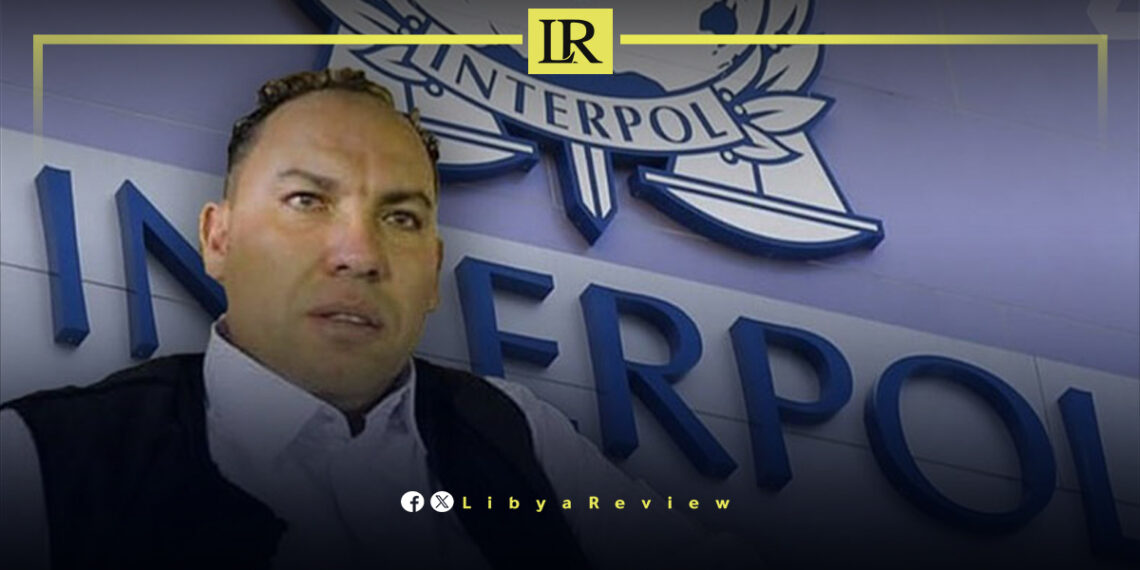Italy’s decision to release Osama Najim, a high-ranking Libyan security official with a known militia background, has triggered a wave of protests in Italian political and judicial circles.
Despite an international arrest warrant issued on January 18, Najim was flown back to Libya on a military aircraft, raising questions about Italy’s role in Libya’s complex security landscape.
The controversy has reached the highest levels of government, prompting Italy’s public prosecutor in Rome to summon Prime Minister Giorgia Meloni and several ministers for questioning over possible charges related to aiding a criminal and misuse of public funds.
New revelations from the Italian magazine L’Espresso, based on classified European intelligence reports, provide insight into Najim’s deep connections to Libya’s militia networks, armed conflicts, and alleged human trafficking operations.
These documents, obtained through a large-scale international investigative project, include 48,100 reports sent to the European External Action Service (EEAS) over recent years. The leaks come from top European law enforcement and military agencies, including Europol, Interpol, EUNAVFOR (the EU Naval Force), Frontex (the EU Border and Coast Guard Agency), and EUBAM (the EU’s border assistance mission in Libya).
Despite holding an official position as head of Libya’s Judicial Police, Najim is described in secret EU reports as the leader of an independent militia that was never fully disarmed or integrated into state security forces.
He initially served in the Special Deterrence Force (Radaa) before breaking away in 2017 to form his own faction under the Judicial Police, headquartered at Al-Jadida Prison in Tripoli. While his group was absorbed into Libya’s official security apparatus, it continued to operate as a militia with its own chain of command, often siding with Radaa in key battles, including the August 2024 clashes in Tripoli.
European intelligence reports link Najim to multiple armed confrontations in Tripoli, particularly in Mitiga and Tajoura, where his forces engaged in violent conflicts with rival factions.
A classified security briefing details a secret meeting at Mitiga Air Base on April 24, 2024, attended by Najim and other militia leaders. This meeting raised fears within European intelligence circles that a Radaa-led alliance was planning an offensive against the Government of National Unity (GNU).
Najim is also suspected of involvement in human trafficking networks, according to multiple intelligence sources.
Reports from European monitoring agencies suggest that detained migrants were transferred directly from Libyan prisons to smuggling networks after ransom payments were made by their families. Witnesses claim that these operations involved Libyan officials and security forces, raising serious concerns about state complicity in illegal migration and human trafficking.
Beyond these allegations, Najim had previously been accused by the International Criminal Court (ICC) of overseeing torture, physical abuse, and sexual violence at Mitiga Prison while serving under Radaa. The facility, which houses over 5,000 detainees, has been at the center of multiple human rights abuse allegations over the years.
The scandal surrounding Najim’s release has placed Italy’s foreign policy under intense scrutiny. Prime Minister Giorgia Meloni visited Libya on May 7, 2024, meeting with both GNU leader Abdulhamid Dbeibah in Tripoli and Khalifa Haftar in Benghazi. Her visit was officially aimed at strengthening economic and security ties, yet it coincided with renewed militia clashes in Tripoli.
Although the intensity of these clashes decreased in the second half of 2024, European security reports confirm that Radaa and the Judicial Police remain key destabilizing forces in Libya. Their continued involvement in military conflicts, internal power struggles, and criminal activities has raised concerns about the country’s long-term stability and its diplomatic relations with Europe.


